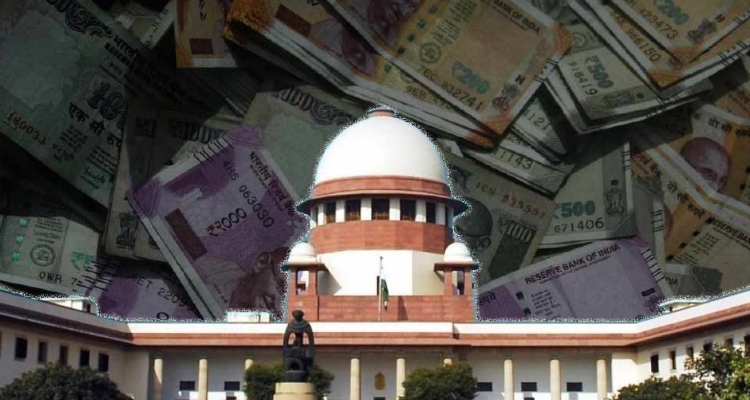
The Supreme Court in a significant ruling on Friday has recalled its 2022 decision that deemed 2 provisions of the Prohibition of Benami Property Transactions Act unconstitutional.
This move allows for the review of the earlier verdict, which had restrained authorities from dealing with benami property transactions.
A bench led by Chief Justice of India (CJI) DY Chandrachud, alongside Justices PS Narasimha and Manoj Misra, reviewed the Centre’s request regarding the August 23, 2022, judgment. At that time, the court had found Sections 3(2) and 5 of the Act to be “manifestly arbitrary” and unconstitutional.
Section 3 addresses the prohibition of benami transactions—where property is held through proxies—while Section 5 pertains to the acquisition of benami properties by authorities.
The bench agreed with Solicitor General Tushar Mehta, who represented the Centre, noting that the validity of these provisions had not been challenged before the previous bench. “In this view of the matter, the review would have to be allowed. It is trite law that a challenge to the constitutional validity of a statutory provision can’t be adjudicated upon in the absence of a live lis and contest between the parties,” the bench stated.
Consequently, the Supreme Court allowed the review petition, restoring the civil appeal related to the August 2022 verdict for fresh adjudication by a newly designated bench.
In the earlier ruling, the apex court determined that the benami law did not apply retroactively, meaning authorities could not initiate criminal prosecutions or confiscation proceedings for transactions made before the legislation came into effect.
The legal question at the heart of the case was whether the 1988 Act, amended by the Benami Transactions (Prohibition) Amendment Act of 2016, was intended to have a prospective effect.
The 2022 verdict was prompted by a challenge from the Centre against a Calcutta High Court ruling, which stated that the 2016 amendments would apply only prospectively. The Centre argued that the amendments should have retrospective applicability.
The Prohibition of Benami Property Transactions Act was enacted to curb such transactions and to enforce the right to recover properties deemed “benami.” Violators of this law face penalties that include a three-year prison term, fines, or both.
As the case moves forward, its implications on the enforcement of benami laws and property transactions in India will be closely watched.




